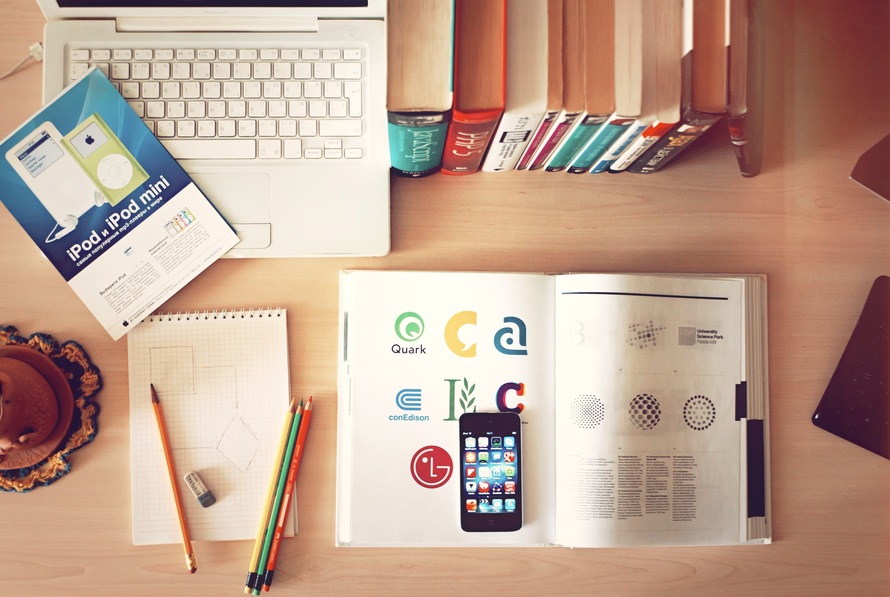It’s a fast paced world. As things move at faster and faster speeds, keeping up with even the smallest of daily changes can start to feel like a real challenge. What, though, if you could change your rate of learning? Adapting to modern developments is all part and parcel of moving into the future and by picking up new learning habits, you can get way ahead of the curve. These habits might not seem like much but once you adopt them into your learning routine, you might be surprised at just how quickly you can make progress.
- Break Down The Skills
Struggling to learn a new skill is something that happens to all of us and if you’re not careful, you risk becoming over-frustrated and giving up entirely. You simply need to change your approach. Rather than tackling a new project in one big move, try breaking down the challenge into smaller, more manageable bites. Not only will you get to grips with each stage more intimately but also, you will likely enforce your memory on the subject more thoroughly. It’s ok to take your time; ultimately, you will learn more if you do so.
- Intensify Your Focus
Some people seem to believe that if you’re not working for a significant period of time, you’re not really working at all. However, trying to study something new for extended stretches of time doesn’t lead to anywhere more productive; you simply up your risk of losing focus. If you want to give yourself the best chance to learning something fast, try going short and focused about it. Planning intensive work sessions to last half an hour at a time can help you to get the most out of each session. Between each study session, take 10 minutes to yourself before you get going again. Don’t forget to revise the things you’ve learned throughout the day, either!
- Quiz Yourself
If you’re not going over what you’ve already learned then the chances are that you’re missing something along the way. Repeatedly quizzing yourself on the parts of the challenge you’ve already picked up will help to cement them in your memory and make applying them to the whole much easier. At the end of each learning session, try getting someone in to quiz you on what you already know. If you’re all alone, imagine you have to explain the new information to an outsider. Using clear, simple language will help you to succinctly illustrate your point, showing what you know in the most straightforward way possible.






